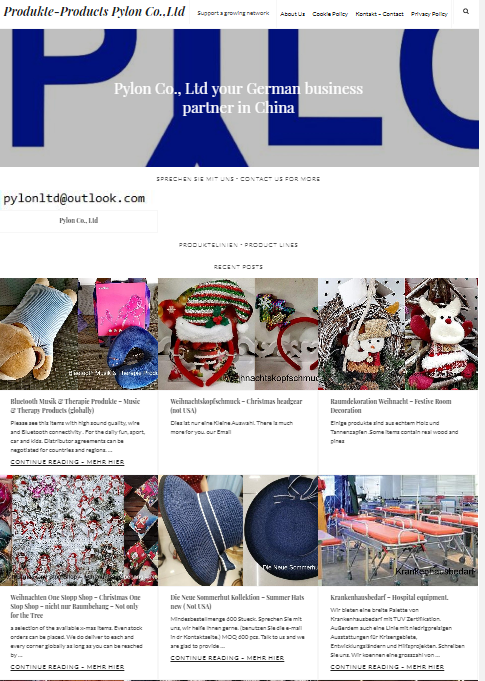Solar cells export price fall in Q1
- Details
- Category: Ningbo Business
- Published: Wednesday, 02 May 2012 09:23
Statistics from Ningbo Customs show that the photovoltaic (PV) industry in Ningbo will face a gloomy export outlook this year, because of U.S.'s potential tariffs on Chinese PV imports and European debt crisis.
Customs data shows Ningbo has exported 3.606 million of PV cells in the first quarter in 2012, an increase of 87.9 percent year-on-year, but the total value stood at $ 320 million US$, a decrease of 48.8 percent year -on-year. The average export price for each PV cell is $ 87.6, down by 72.7 percent.
Insiders of Ningbo Customs said that Ningbo saw a sharp increase of PV battery exports in Q1, because local manufactures hurried to sell their products before U.S. and German take unfavorable tariff policies on Chinese PV imports. Some companies are even exporting products at loss-making prices.
On March 21, the U.S. Commerce Department issued a preliminary ruling that imports of solar PV cells and modules from China will be subject to countervailing duties of 2.9 percent to 4.73 percent. However, the preliminary ruling is not an indicator of how the anti-dumping portion of the case may turn out. If anti-dumpling tariffs are set, it can be as high as 28 percent, which will deprive any possible profit of the Chinese PV products. In addition, since April 1, Germany subsidies on Chinese PV products were again reduced by 20 percent. Italy also announced a more severe subsidy cutting policy in mid-April.
Due to European countries' cutting on PV imports subsidies and the serious overcapacity of PV industry, the bankruptcy of PV companies is not uncommon in the world. Q-CELLS, a solar industry giant, filed for bankruptcy protection at the beginning of April. The Germany-based company once secured a leading position in the world with 570 MW of cells produced in 2008. An official from Ningbo Branch of China Export & Credit Insurance Corporation said, the bankruptcy of Q-CELLS taught a hard lesson to the current PV industry in Ningbo. Ningbo PV companies shall be more careful in exportation and take the buyer's risk of bankruptcy into consideration. The official also advised Ningbo companies to take effective measures to reduce risks and losses









